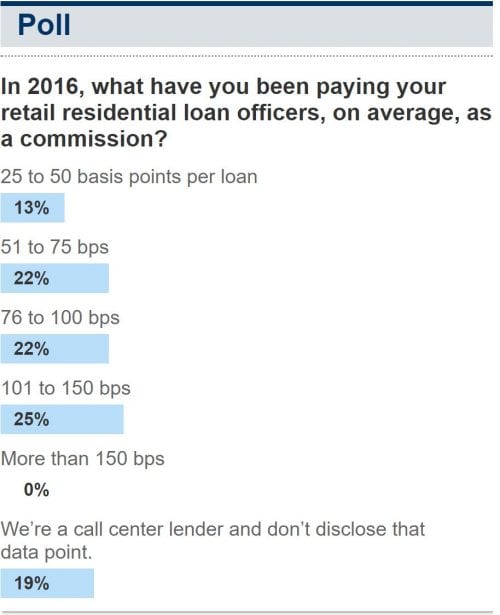The mortgage lender is the party that provides the funds needed for home loan. Lenders may be a bank, a credit union, or an individual. In some cases, mortgage lenders work with the U.S. Department of Housing and Urban Development (HUD) to insure loans made by other lenders. This helps lower the cost of borrowing for homeowners. Lenders may also sell loans to another party to provide them with additional funding and continue making loans.
Lenders are able to sell loans or the rights to service them. Some lenders adopt an “originate to sell” business model in which they earn fees at closing as well as a Service Release Premium. The Service Release Premium is directly related to the loan terms; the more favorable the loan terms, the higher the Service-Release Premium. This means that mortgage loan officers are financially motivated to sell higher-priced loans, which in turn increases the loan amount.
The role of mortgage lenders varies in different countries. In the United Kingdom, building societies are dominant, accounting for the majority of new mortgage loans. There are more than 200 financial institutions offering mortgage loans in Britain. Some of these lenders are banks, pension funds, and building societies. Many other types of companies are also involved in the process of mortgage lending, including specialized mortgage corporations and private individuals. In the United States, building societies are the most common source of new home loan funding.
The Role of Mortgage Lender
The role of a mortgage lender varies greatly. In the United Kingdom, building societies are the most common form of mortgage lending, making them the dominant force in the market. There are more than 200 financial institutions in Britain that offer mortgage loans, including banks, insurance companies, building societies, and specialized firms. However, building societies aren’t the only ones involved in this market. There are also non-bank institutions that participate.
Lenders are the organizations or individuals that provide loans to individuals. They take the risk of a mortgage loan, and consider factors such as a borrower’s credit history and financial situation to determine if they can afford to make the loan. The risk of a mortgage loan is crucial to the ability of the borrower to repay it. In addition, they also help the buyer get into the home of their dreams.
Lenders are in the business of providing mortgages to buyers. These institutions are mainly private entities, but some mortgage lenders work with government-sponsored agencies. For instance, the U.S. Department of Housing and Urban Development (HUD) insures mortgages from lending partners. This helps lenders to maintain a steady cash flow and keep up their lending. But the role of the lender is often complicated and ambiguous.
In the United Kingdom, the role of mortgage lenders varies. In this country, building societies are the dominant players. They account for most new mortgage loans. In the United States, the role of a mortgage lender is similar to that of a bank. They play a vital role in the real estate market. This position requires some basic knowledge of the industry. The duties of a mortgage broker vary from country to country, but they are all essential.
In the United Kingdom, building societies have a dominant role and account for most new mortgage loans. In the U.S., more than two hundred financial institutions provide mortgage loans. They are composed of banks, credit unions, and specialized mortgage corporations. The role of the mortgage lender may differ depending on the country. In the United States, the role of a mortgage banker varies between states. In the UK, building societies are responsible for most new mortgages.
The role of a mortgage lender is an important aspect of the housing market. The role of a lender can be a positive or negative one for the economy. A mortgage lender can be a good or bad loan for a homebuyer. A negative loan will result in a lower mortgage payment. If a borrower defaults on their loan, they should look for alternative lenders. A negative lender can ruin the whole housing market.



